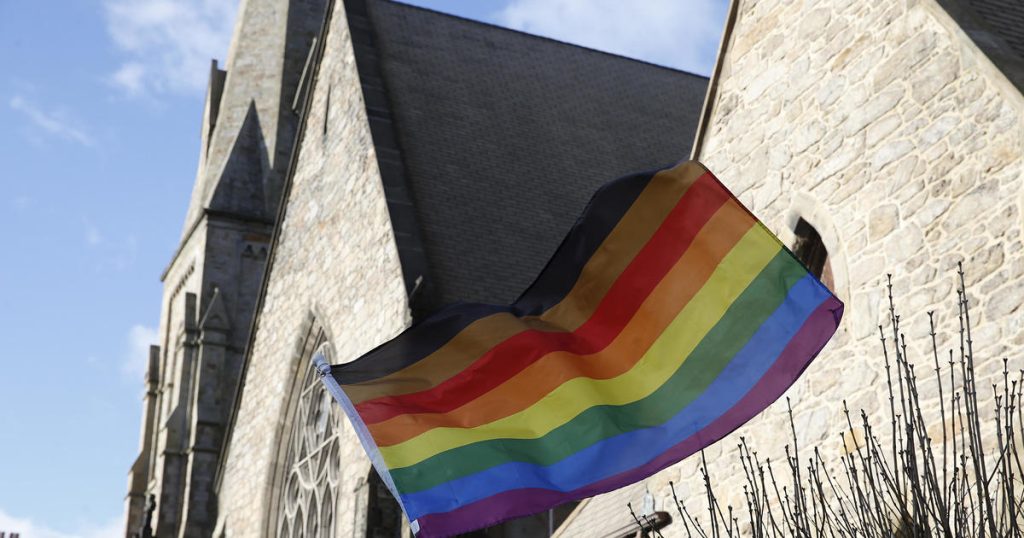Thousands of United Methodists are gathered in Charlotte, North Carolina for the General Conference, a much-anticipated meeting that was delayed due to the COVID-19 pandemic. The 11-day gathering, running from April 23 to May 3, includes hundreds of voting delegates representing the global church body. These delegates, half clergy and half lay Methodists, are the decision-makers at the General Conference, where policy, budgets, and other church-wide matters are addressed.
One of the key issues up for consideration at the General Conference is the vote on eliminating LGBTQ-related bans. With the departure of many conservative congregations and the election of more progressive delegates, supporters of removing the bans are optimistic about the outcome this year. Other key issues include rules for disaffiliations, restructuring the denomination into regional conferences, and voting on a reduced budget proposal due to the significant number of disaffiliations in recent years.
New York Area Bishop Thomas Bickerton, president of the Council of Bishops, addressed the recent schism during the conference’s opening worship, emphasizing the need to rebuild the church. He called on attendees to work for a culture marked by compassion, courage, and companionship, urging them to focus on revitalizing the United Methodist Church rather than continuing controversy. Bickerton emphasized the denomination’s commitment to its core beliefs despite challenges.
The voting delegates at the General Conference represent various regions of the church, with the majority coming from the U.S. and significant percentages from Africa, the Philippines, Europe, and concordant churches. However, only about three-quarters of international delegates were confirmed as able to attend the conference, leading to criticism from African groups over delays and uncertainties. Congregations across the denomination are preparing for the conference, with a particular focus on the movement to repeal LGBTQ bans.
United Methodists are part of a larger worldwide family of Methodists following the tradition of John Wesley. The denomination, known for its emphasis on evangelism, holy living, and social service, has a range of beliefs from liberal to conservative. Once the third largest and most widespread denomination in the U.S., United Methodists have seen a decline in membership due to recent disaffiliations. While there were an estimated 5.4 million United Methodists in the U.S. as of 2022, this number is expected to decrease significantly due to the recent departures.


